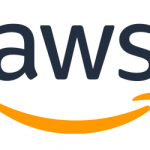Quantum News Briefs November 30: Quantum secure electronic passports under development; Quantinuum joins consortium with University College London & the British Broadcasting Corporation to explore quantum natural language processing; “Pioneer demonstration” creates quantum-entangled networks of atomic clocks & accelertometers + MORE
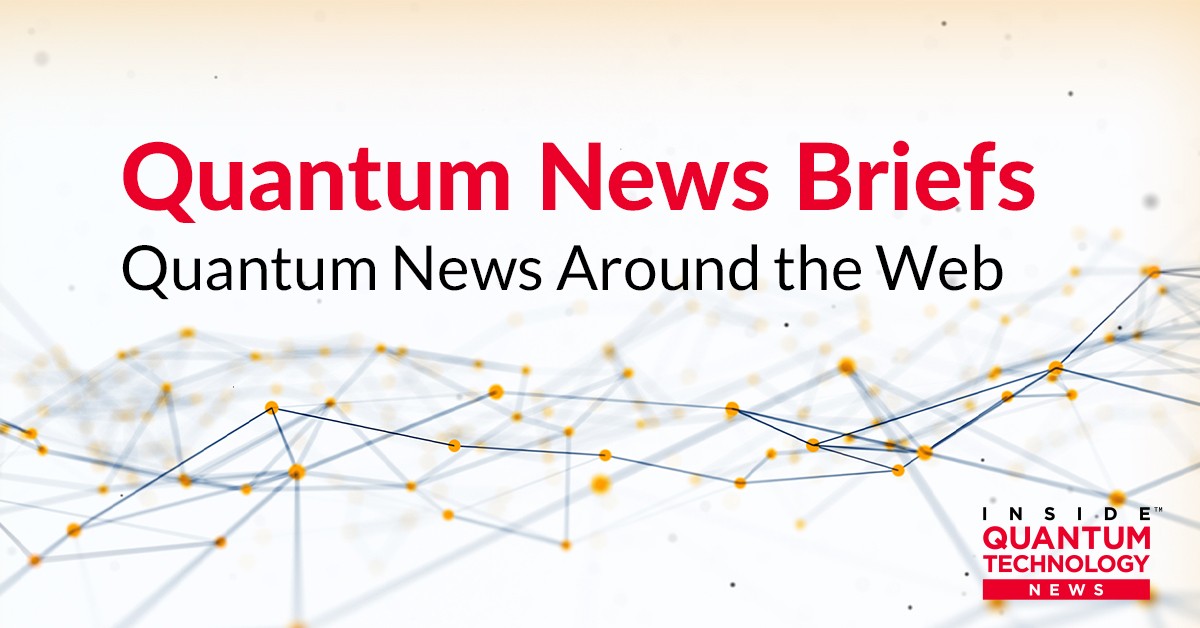
Quantum News Briefs November 30 begins with news that Quantum secure electronic passports are under development followed by announcement that Quantinuum joins consortium with University College London & the British Broadcasting Corporation to explore quantum natural language processing. Third is the “Pioneer demonstration” that creates quantum-entangled networks of atomic clocks & accelertometers + MORE.
*****
Quantum secure electronic passports under development
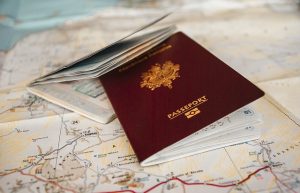 Infineon Technologies, the German Federal Printing Office (Bundesdruckerei) and the Fraunhofer Institute for Applied and Integrated Security (AISEC) have developed a demonstrator for an electronic passport that meets the security requirements of the quantum computing era (Post Quantum Cryptography or PQC). Quantum News Briefs summarizes the New Electronics article describing the effort below.
Infineon Technologies, the German Federal Printing Office (Bundesdruckerei) and the Fraunhofer Institute for Applied and Integrated Security (AISEC) have developed a demonstrator for an electronic passport that meets the security requirements of the quantum computing era (Post Quantum Cryptography or PQC). Quantum News Briefs summarizes the New Electronics article describing the effort below.
The system was created under the leadership of Fraunhofer AISEC in the joint research project “PoQuID”, funded by the German Federal Ministry for Economic Affairs and Climate Action (BMWK). The security methods tested in the project are compatible with established structures and can also implement quantum-resistant encryption. In the process, much emphasis was placed on participation in international standardization bodies in order to ensure that the solution can also be implemented worldwide.
“We are launching the encryption procedures which will be needed to repel quantum computer attacks of tomorrow,” said Maurizio Skerlj, Vice President and head of Infineon’s Identity Solution Product Line. “Working together we have succeeded in efficiently implementing quantum-resistant encryption procedures and making them available for use in practice.”
The heart of the demonstrator is a security controller from Infineon which protects data from both conventional attacks and attacks that use quantum computers.
Commenting Dr Manfred Paeschke, Chief Visionary Officer at Bundesdruckerei, added, “Our solution shows how durable ID documents can be protected from attacks by quantum computers while at the same time compatibility with existing systems is preserved.” Click here to read New Times article in-entirety.
*****
Quantinuum joins consortium with University College London & the British Broadcasting Corporation to explore quantum natural language processing
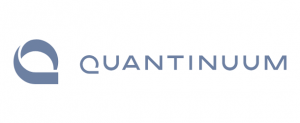 Quantinuum has joined a consortium with University College London (UCL) and the British Broadcasting Corporation (BBC) to explore the industrial relevance of quantum natural language processing (QNLP) and quantum-inspired natural language processing. Quantum News Briefs summarizes the announcement below.
Quantinuum has joined a consortium with University College London (UCL) and the British Broadcasting Corporation (BBC) to explore the industrial relevance of quantum natural language processing (QNLP) and quantum-inspired natural language processing. Quantum News Briefs summarizes the announcement below.
The consortium, funded by the Royal Academy of Engineering for a Senior Research Fellowship at UCL, will build on a long-term exploration of quantum mechanics and linguistics by Quantinuum’s chief scientist Professor Bob Coecke, head of artificial intelligence Professor Stephen Clark, and Professor Mehrnoosh Sadrzadeh of UCL Computer Science.
The BBC hopes to find new ways to represent content in forms readable by computers, to support tasks such as content discovery and archival retrieval.
Ilyas Khan, founder of Cambridge Quantum Computing and CEO of Quantinuum said: “Developing quantum computing so that the broadest and most diverse populations can benefit, means looking across the timing spectrum at applications that can be made productive in the short, medium and long term. As part of our long-term work, we anticipate that true language processing will become important with fault tolerant quantum processors, and our work with the BBC and UCL is a very significant step towards being prepared to take advantage of quantum computers when they become available at scale. Quantinuum is a leader in the fields in which it operates, and this leadership is built on deeply meaningful collaborations such as this.” Click here to read complete announcement.
*****
“Pioneer demonstration” creates quantum-entangled networks of atomic clocks & accelertometers
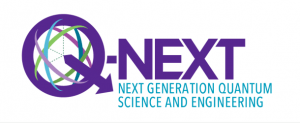 Researchers affiliated with the Q-NEXT quantum research center show how to create quantum-entangled networks of atomic clocks and accelerometers—and they demonstrate the setup’s superior, high-precision performance. Quantum News Briefs summarizes Phys.org article below.
Researchers affiliated with the Q-NEXT quantum research center show how to create quantum-entangled networks of atomic clocks and accelerometers—and they demonstrate the setup’s superior, high-precision performance. Quantum News Briefs summarizes Phys.org article below.
This is the first time scientists have entangled atoms for use as networked quantum sensors, specifically, atomic clocks and accelerometers. The research team’s experimental setup yielded ultraprecise measurements of time and acceleration. Compared to a similar setup that does not draw on quantum entanglement, their time measurements were 3.5 times more precise, and acceleration measurements exhibited 1.2 times greater precision.
The results are published in Nature. The research was conducted by scientists at Stanford University, Cornell University and DOE’s Brookhaven National Laboratory.
“The impact of using entanglement in this configuration was that it produced better sensor network performance than would have been available if quantum entanglement were not used as a resource,” said Mark Kasevich, lead author of the paper, a member of Q-NEXT, the William R. Kenan, Jr. professor in the Stanford School of Humanities and Sciences and professor of physics and of applied physics. “For atomic clocks and accelerometers, ours is a pioneering demonstration.” Click here to read original Phys.org article in-entirety.
*****
Researchers at AWS Center for Quantum Networking & Harvard University create Scalable Quantum Memory with a Lifetime over 2 Seconds and Integrated Error Detection
Researchers at the AWS Center for Quantum Networking and Harvard University have recently developed a promising quantum memory capable of error detection and with a lifetime or coherence time (i.e., the time for which a quantum memory can hold a superposition without collapsing) exceeding 2 seconds. Quantum News Briefs summarizes below.
This memory could pave the way towards the creation of scalable quantum networks.
So far, physicists and engineers have proposed several different systems that could act as quantum memory that would enable the implementation of quantum networks, such as dilute atomic gases and rare earth ions embedded in glass. The system created by David Levonian, quantum research scientist at AWS, relies on so-called silicon-vacancy centers (SiVs). These are quantum bits that are made up of electrons around single silicon atoms, embedded in diamond crystals.
The quantum memory created by this team of researchers can “hold on” to a quantum bit for a couple of milliseconds, which is a relatively long coherence time, although not the longest reported in the literature so far. Similarly, it can process local quantum information without errors 99% of the time, which is better than many platforms but worse than the very best.
“Where our memory really shines is in its efficiency at gathering up and storing photons—currently around 50% and soon to improve even more,” Levonian explained. “Another important feature is that it is a ‘heralded’ quantum memory—it gives a signal when it catches a photon. This ends up being crucial for designing efficient quantum networks.”
While the new quantum memory’s ability to operate at 4 degrees Kelvin instead of 0.1 degrees Kelvin (as previously proposed devices) might not seem like a huge step forward, it could have significant consequences for the future large-scale implementations of quantum networks. In fact, cryogenic refrigerators that can bring the temperature down to 4 Kelvin are about 5 times cheaper and 10 times smaller than refrigerators that cool objects down to 0.1K, and can also fit in a server rack. Click here to read original article in-entirety on HPCWire.
*****
Sandra K. Helsel, Ph.D. has been researching and reporting on frontier technologies since 1990. She has her Ph.D. from the University of Arizona.




















